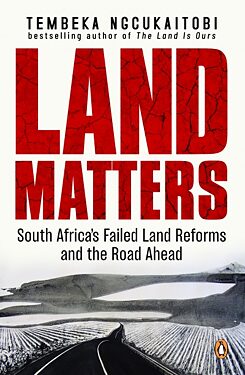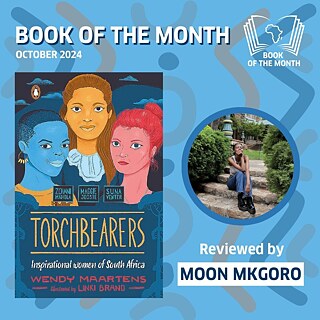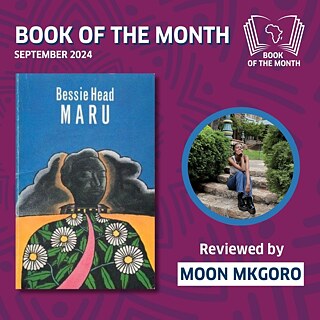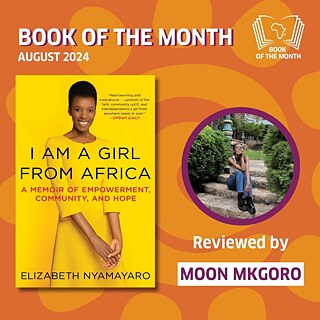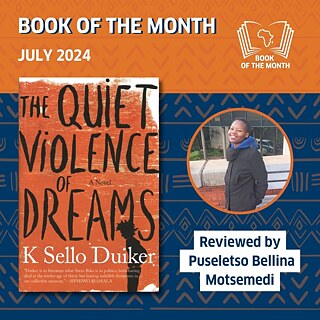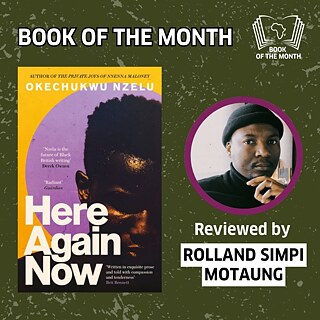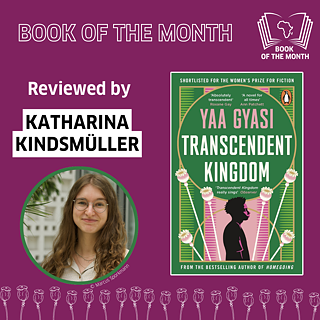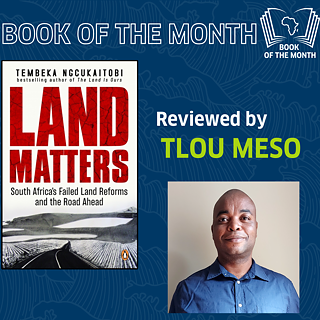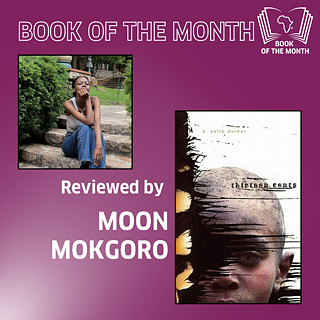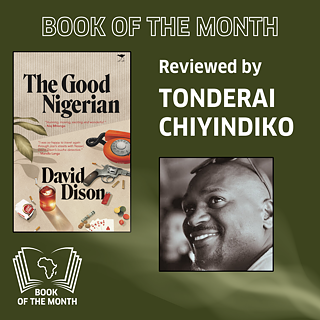April: Land Matters
Land matters by Tembeka Nqcukaitobi
Review by Tlou Meso
What to expect
This book makes the South African land journey easy to understand and follow. A Union's first contact with Dutch was not in 1652. The peasantry put up a brave resistance to violent usurpation of land and livestock. They, therefore, were not seating ducks.The book put timelines in South African land history and efforts with supposed aims to address it. Ngcukaitobi goes a step further to give a detailed examination. He demonstrates a manner in which acts were found wanting in addressing land injustice.
Surprisingly, private land ownership was exclusively used as a requirement for voting. Peasantry was forced to forgo dependence on land and sought employment, instead. In tandem, sudden change in communal land ownership as they hitherto understood it.
Pussyfooting around implementation of required administrative measures is clearly evident in the book. Ngcukaitobi explored introduction of financial market factors into an emotive human right issue.
He envisages that in the future, land redress ought to rightly be based on equity and justice. Lest, inequality gap would widen. Lastly, Ncgukaitobi suggests measures that could make land reform to be meaningful, impactful and widespread.
Interesting takeaways
It highlights elements that would otherwise be lost to the reader. Ngcukaitobi supports that land reform has to also benefit people who work the land. Currently,nothing stops the state from expropriation land for public interest purposes. However,state more often act as though it has no avenue to address it.Additionally, no credible audit on land ownership is readily available. It then becomes a daunting task to land reform given that totality of the problem is not understood.
Ingonyama Trust was a last minute attempt to lure political formation to partake in the first democratic elections.
Xhosa people hid a body of their fatally injured king. This was to prevent beheading and having his head shipped off as a momento. They tried to save what was left of their dignity, my take.
Teachings & Nuggets
This challenges previously held beliefs. African National Congress has always advocated for private ownership of land since Convention for a Democratic South Africa (CODESA). Market related payments of land is not a hindrance to land reform.This was confirmed by no less than former president,Hon. Kgalema Motlhanthe in his report.Educating peasantry did not influence subjects to follow the ways of the oppressor. At times, it solidified their steadfastness on known ways of their people. Some women owned land in the past. Even though,some were denied access to land on arbitrary grounds such as culture and gender.
Ngcukaitobi highlighted projects such as Reconstruction and Development Programme having had unintended consequences for beneficiaries. They could not afford rates and taxes as well as electricity.
Constitution proposed equitable amount for land reform was erroneously interpreted to mean monetary compensation.
Dual problems of corruption and collusion by state officials with land owners slowed land reform. To a large extent,a shortage of state capacity also hampered land reform progress.
Economic repercussions as in Zimbabwe put a damper on successful land reform. Banks have an active role to play as benefactors of stolen assets that are still bonded.
Verdict
This is purely a personal reflection of the reviewer of the book. It brings a reader up to speed with land's lengthy and complicated process. Assessed interventionist measures on their efficacies that mainly amounted to nought. Ngcukaitobi's choice of title is in keeping with content of the book.Teaser & final comment by the reviewer
Ngcukaitobi put across a convincing argument against payment of market related prices for land reform. He deliberately juxtaposes it against competing social government responsibilities such as health and education.In the final analysis, a white privately owned land that can be capitalised. Contrasted against black communal/shared land that cannot be capitalised.
About the reviewer
-

Tlou Meso
Tlou Meso works as a supervisor in the transportation sector. He is the author of Sepedi/Northern Sotho short story ebook, Itshepe Tshephi.
More informationen
This review is the fourth in the new Book of the Month series from the Goethe-Institut South Africa.
A new review by South Africans for South Africans will be published every month, please check regularly.
All books can be borrowed from our library.
A new review by South Africans for South Africans will be published every month, please check regularly.
All books can be borrowed from our library.
All "Book of the Month" reviews
Here you find all reviews of the series Book of the Month. All books are available in Goethe-Institute library in Johannesburg.
